(Re)Casting the Shakespearean Mold: In Conversation with Jamie Robinson and Walter Borden
To say that Jamie Robinson and Walter Borden are fans of the Bard would be an understatement. The two accomplished actors and theatre artists actually met at the Stratford Festival in 2003, and have maintained a friendship ever since.
Now, the two are joining forces to re-examine audiences’ and artists’ relationships to the Elizabethan playwright’s work at (Re)Casting Shakespeare in Canada: A Symposium.
The topic of Shakespeare’s presence in and on Canadian curricula and stages has long been one of debate. Are we teaching too much of the Bard’s canon, and too often? Are theatres overproducing antiquated stories? Are there ways to make classical works more relatable, more relevant to today’s increasingly diverse audiences? And, accomplishing that, should we be spending so much time reinvigorating and reinventing the classes, rather than uplifting the works of more contemporary, representative storytellers?
These are only some of the questions that run through both Robinson and Borden’s minds on an almost daily basis. And they’re questions they’d like to extend to the theatre community, not only in Toronto, but across Canada.
The symposium runs this weekend at York University, where Robinson is an assistant professor of acting and directing. It has been one of Robinson’s passion projects since 2023, when he and York professor Marlis Schweitzer co-curated a digital symposium examining diverse casting, intersectionality in casting, and what those terms mean.
“We had this conversation as a Zoom webinar — Walter was there, along with a bunch of other fantastic panelists — and it started a bigger conversation,” Robinson said in an interview. Both he and Schweitzer saw the value in continuing the conversation — a sentiment echoed by Borden.
“Walter asked, ‘so, what are you doing next? Because people are coming to you saying what, what’s going to happen next?’ So it seemed like a call to action.”
The 2023 symposium is again focusing on diversity and race in casting, though this time through the lens of classical works and Shakespeare’s canon. Planning for the symposium began over a year and a half ago, during Why Not Theatre’s touring production of Prince Hamlet, when Schweitzer and Robinson co-penned a paper examining the ground-breaking touring production.
“[Prince Hamlet] is a huge reinterpretation of what Shakespeare can be in terms of gender, in terms of ableism, and all of these things in one in that show,” Robinson explained. “So the timing was right to just continue the conversation. You know, during the pandemic, there were a lot of calls for a moratorium on Shakespeare. And we wanted to have that conversation…we wanted to hear the voices of people who are speaking or doing Shakespeare in Canada.
“The response has been, overwhelmingly, yes, they wanted to take part.”
When asked to be a keynote speaker at the symposium, Borden didn’t hesitate to get on board. After all, he had been one of the voices repeatedly prompting Robinson and Schweitzer to continue with their work. But as a lover of Shakespeare’s texts with more than fifty years of experience as an actor, playwright, and activist, this symposium is particularly meaningful to the industry veteran.
“Maybe this is where the [Shakespeare] scholars come in, but I’m really interested in a very, very particular aspect of diversity in doing Shakespeare,” he said with a smile. “I don’t like just attending to quotas. I don’t. My thing, particularly here with Shakespeare, is about asking ‘what psyche do I bring to the role?’ With any character in the play, I find it absolutely necessary to know the history of where [the story] is taking place.”
One role Borden feels particularly strongly about is Othello, and especially his relationship with Iago.
“Now, of course, Othello has to be a Black man,” he said. “But if I’m going to reset something in terms of how I present it, I want it to be Othello. I want it to be authentic. When [does the story] take place? Who was living in the city when it took place? And what were the relationships between those people like? For more than seven centuries, there were Moors all over Europe. Othello is set in a naval city: the ships come in, the ships come out again. And nine months later… Consider if Iago was one of those babies, and how that identity would affect a child’s psyche in that time period, in that community? Then he meets this man, who, as far as Iago is concerned, looks like him, and so he aligns himself with him. And then this man turns him down.
“The hatred he would have for Othello would be insidious,” he continued. “And you wouldn’t have to change a single word of dialogue. Everything would be worked out between the director and the actor. Nothing has to be said, but the audience will spot it in two seconds. And they’ll understand the story.”
For Robinson, this is the heart of what the symposium is all about: examining how casting can influence the audience’s interpretation of the story. Putting the symposium together was a labour of love that involved many voices. He and Schweitzer are joined on the curatorial team by Keira Loughran, Jeff Ho, Liam Lockhart-Rush, and Hope Van Der Merwe, with accessibility support from Rachel Hannah Arnold. It was important to Robinson that the panels not only focused on diversity and intersectionality, but also represented artists with differing views of classical works, and varied perspectives on their presentation.
“We’ve got panels with writers who have done adaptations of Shakespeare, directors who’ve recently directed Shakespeare and their perception of it,” he said. “And then actors who’ve performed in Shakespeare in terms of what affects their careers and what it means to them. We also have a panel of scholars discussing the scholarly significance of talking about these topics. Keira [Loughran] was part of [Stratford’s Meighen Forum] for a number of years, so she had a lot of connections there. It was a pretty easy phone call to make for most people, to just say, ‘hey, you want to do this?’ Folks are pretty keen about it.’”
Panels at the two-day event will cover everything from “Grappling with Shakespeare’s Colonial Legacy” to “Recasting Shakespeare Through Adaptation.” The event is free and offers a variety of accessibility considerations, with ASL interpretation offered throughout the festival and the option to attend virtually through a livestream. Ultimately, the goal is to engage not only artists and theatre-makers, but audiences, scholars, and educators on the possibility of engaging with classical works beyond contemporary adaptation.
Both Borden and Robinson are passionate about the need to reinvestigate the way that Shakespeare is taught in schools; as is common for most Canadians, the love of the Bard was unveiled in their education. For Borden, the discovery came in 1953, when he was in fifth grade.
“It was because I was a history nut,” he said, laughing. “I came across a reference to Julius Caesar when I was reading Roman history. And so, at that time, I had never heard tell of Shakespeare.
“But I went to the little library and got it. And because I was really into Roman history at the time, there was not that disconnect that could be there if someone had just said ‘read this play.’ I was just reading history. And from that time on, you know, I just kept reading different Shakespearean plays, naturally.”
Robinson’s journey through Shakespeare’s canon began later, when he was in his undergrad at Concordia University, but it was no less impactful.
“[We] had a gentleman come in as a guest lecturer, and he opened up the doors of Shakespeare to me in a way that I’d never seen before,” he said. “And I continue to educate that way, whenever I have the opportunity to share Shakespeare or any text with my students. I just find he’s so easy to lead on, in terms of opening up any conversation about acting in general.”
(Re)Casting Shakespeare in Canada is only the second symposium the two men have been involved in that centres diversity in casting as modelled by IBPOC artists and creators, but it certainly won’t be their last.
“We just want to know where we’re at in Canada right now,” said Robinson.
“What do we want Shakespeare to function as? How do we want Shakespeare to function in the Canadian theatre ecology from here on? Things have changed in the last five years in terms of that conversation. And the writers that are coming up right now come from so many different backgrounds, and they’re writing very culturally specific plays that are incredible. So, where does that sit with Shakespeare? Jeff Ho’s Cockroach that was recently at Tarragon — he was wrestling with exactly that. What is Shakespeare and how do we interpret it? It can’t be ignored. And it’s just as relevant [as contemporary work]. So how do we put the two together? Yeah, maybe we’ll have an answer by the end of May 1. But I think it will spark more conversations, and who knows how many other projects after that?”
(Re)Casting Shakespeare in Canada: A Symposium takes place at York University April 30 and May 1, 2023. Panelists for the two-day event are Patricia Allison, Reneltta Arluk, Keith Barker, Dawn Jani Birley, Walter Borden, Alex Bulmer, Lisa Karen Cox, Miriam Fernandes, Jessica B. Hill, Jeff Ho, Christine Horne, Ravi Jain, Naila Keleta-Mae, Keira Loughran, Sarah MacKenzie, Peter Pasyk, Debbie Patterson, Joseph Jomo Pierre, PJ Prudat, Anand Rajaram, Sepehr Reybod, Kaitlyn Riordan, Jamie Robinson, Djanet Sears, Erin Shields, Kim Solga, and Jeff Yung.
The event is free to attend in person and online. To register for a ticket or learn more, click here.

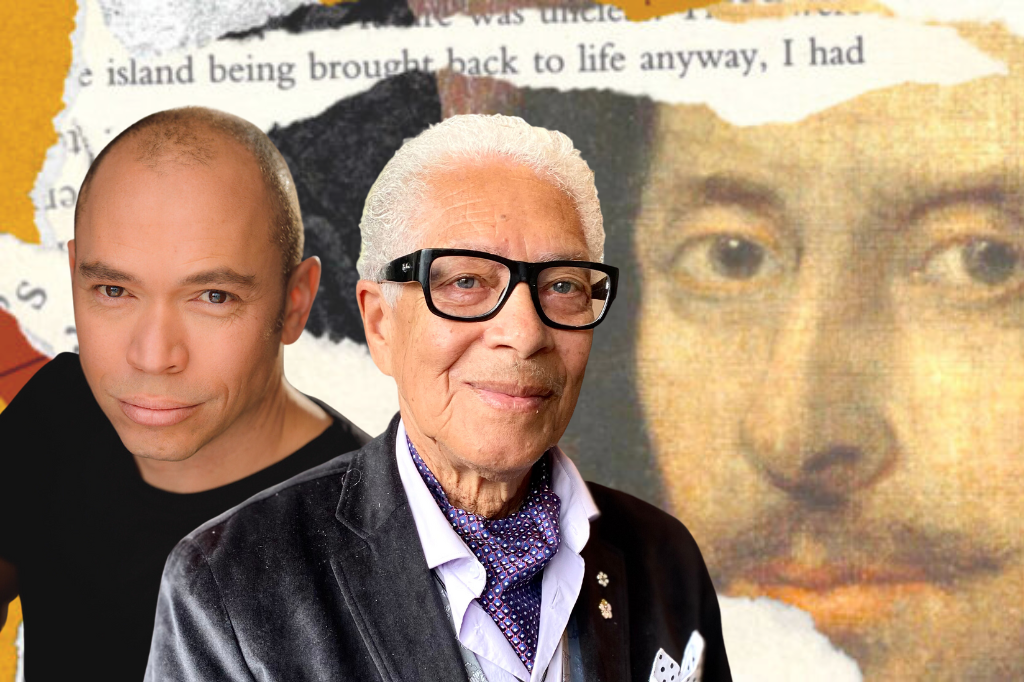

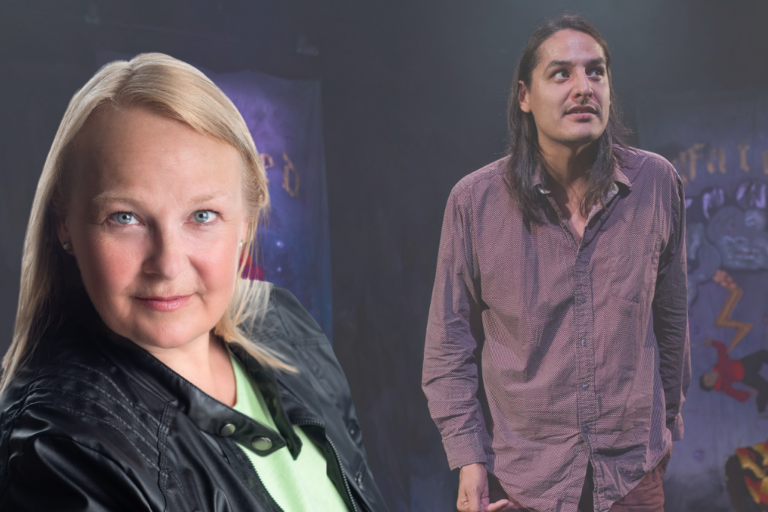
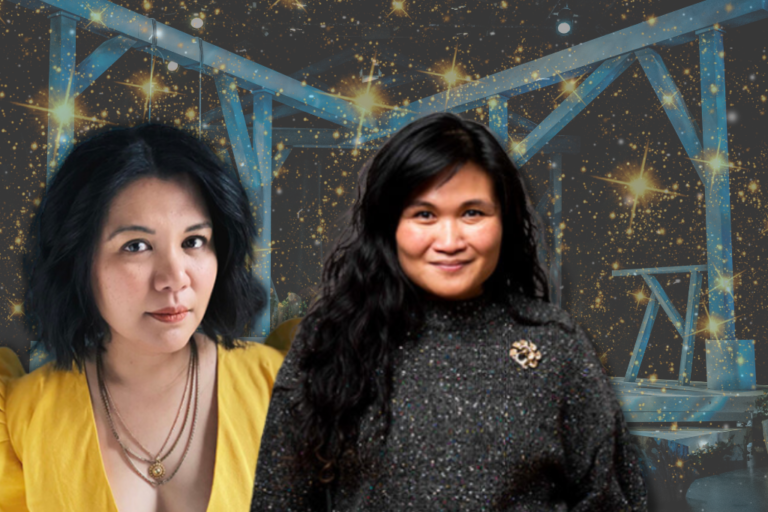
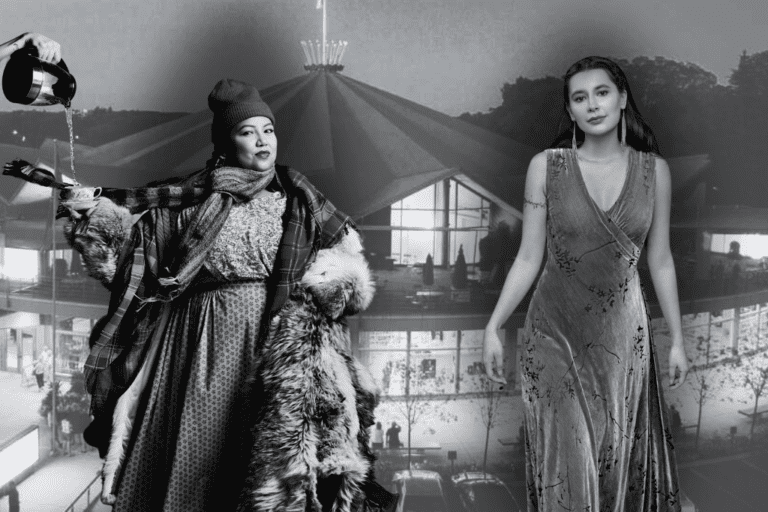

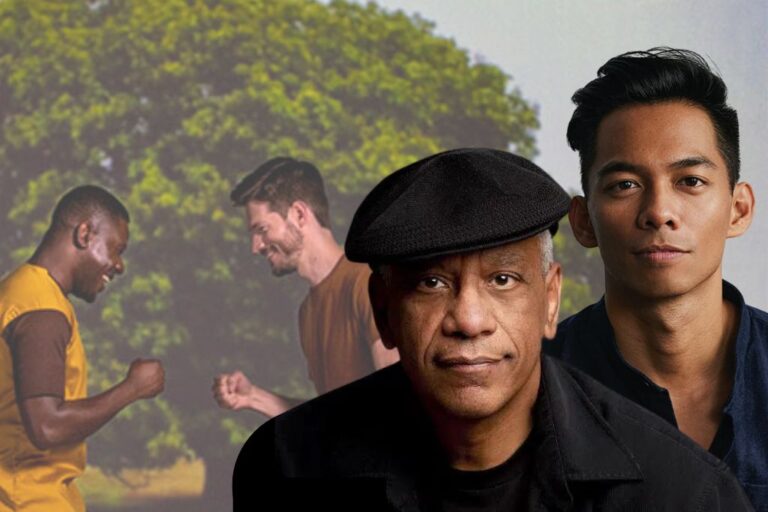



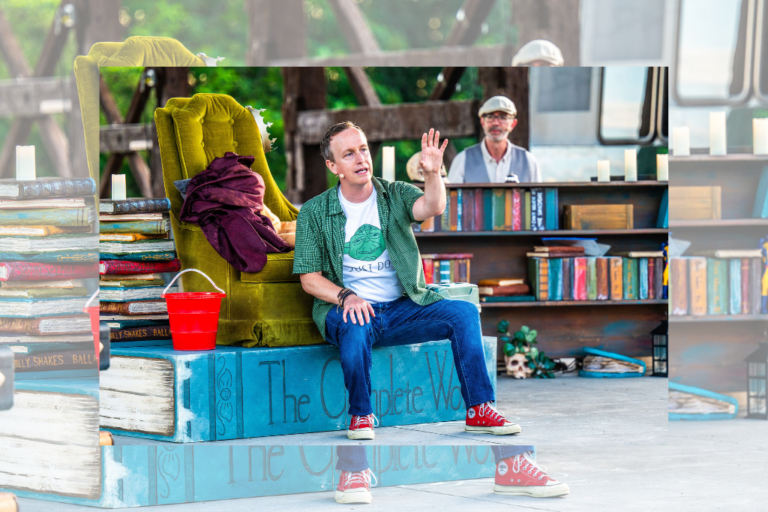
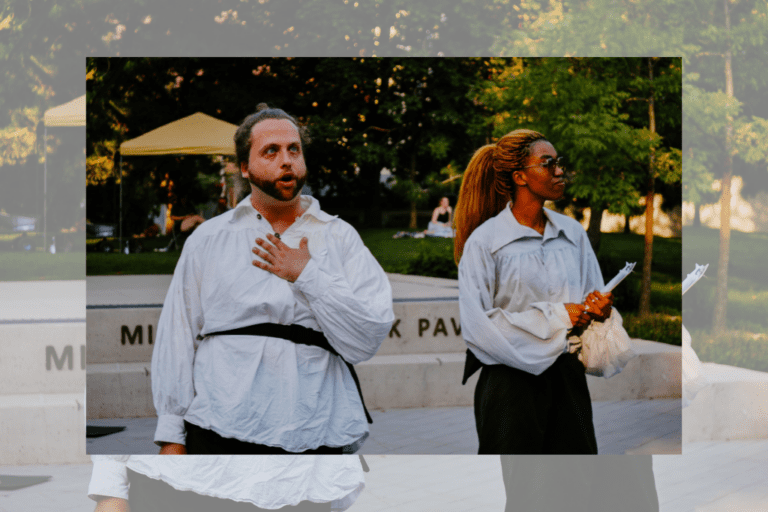
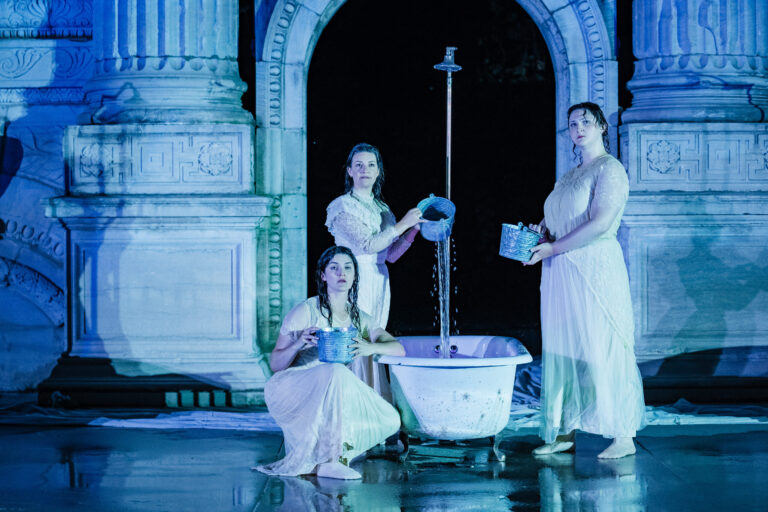

Comments